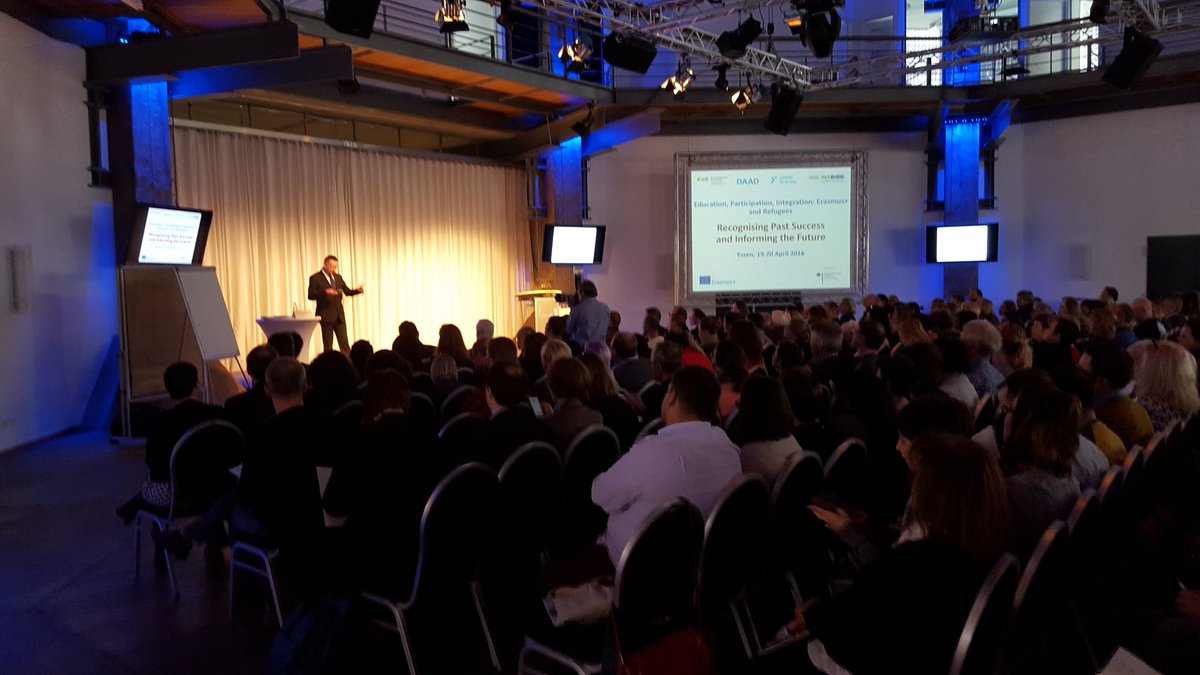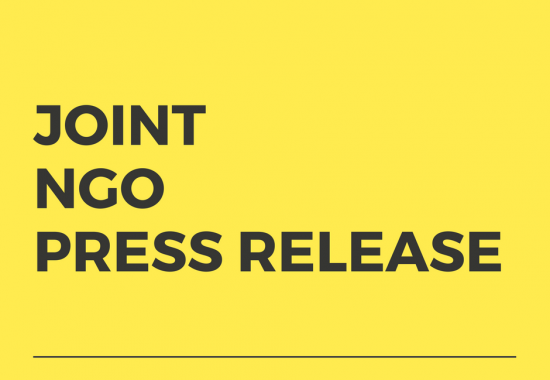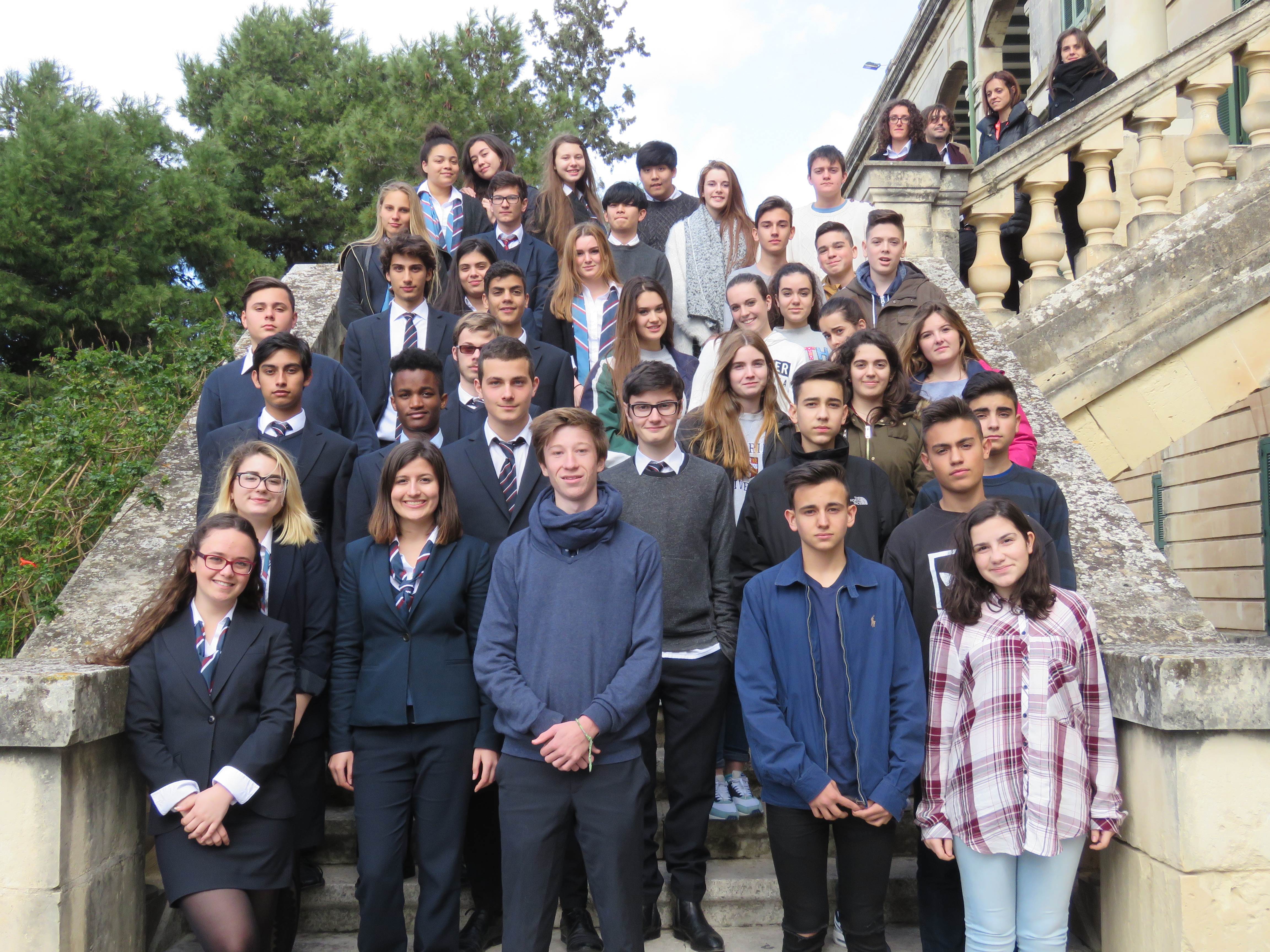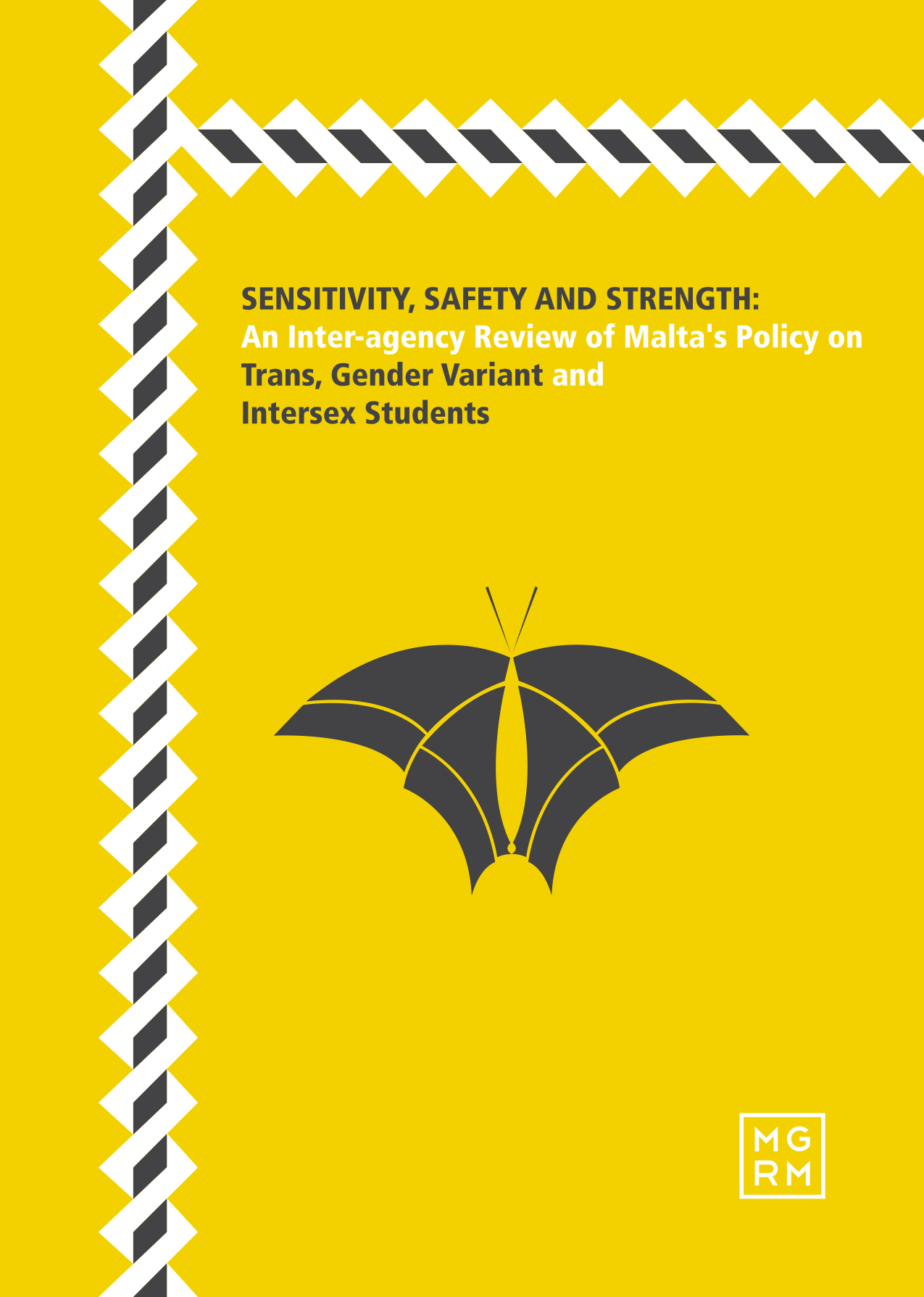From 19 till 20 April 2016 I took part in the Transnational Conference “Education, Participation, Integration-Erasmus+ and Refugees”, hosted by the German Erasmus + National Agency NA-BIBB “Nationale Agentur Bildung für Europa beim Bundesinstitut für Berufsbildungin”, in Essen, Germany.
The Conference hosted 280 people coming from 25 different European countries, including representatives of educational institutions (higher education, vocational and adult education and schools), the youth sector, local authorities, employment agencies, chambers, enterprises and stakeholders involved in the employment and education integration of refugees into.
The Conference offered an innovative networking opportunity to support institutions and organizations with facilitating the integration of refugees, focusing on the validation of new appropriate methods (like non-formal and informal learning methods), unconventional training activities for refugees and to integrate them in the Europe’s education systems, and innovative approaches for vocational and educational staff.
The conference included two sessions with practical actions in small thematic groups, conversations with artists and keynote contributors, and presentation of good practises emphasizing cross-cultural experiences.
Also, there was a market-place for projects and a cultural dinner for social networking. The final panel discussion gave an overview of the Erasmus+ programme and the challenges of Member States to remove multiple barriers faced by refugees in terms of access to education and employment.







